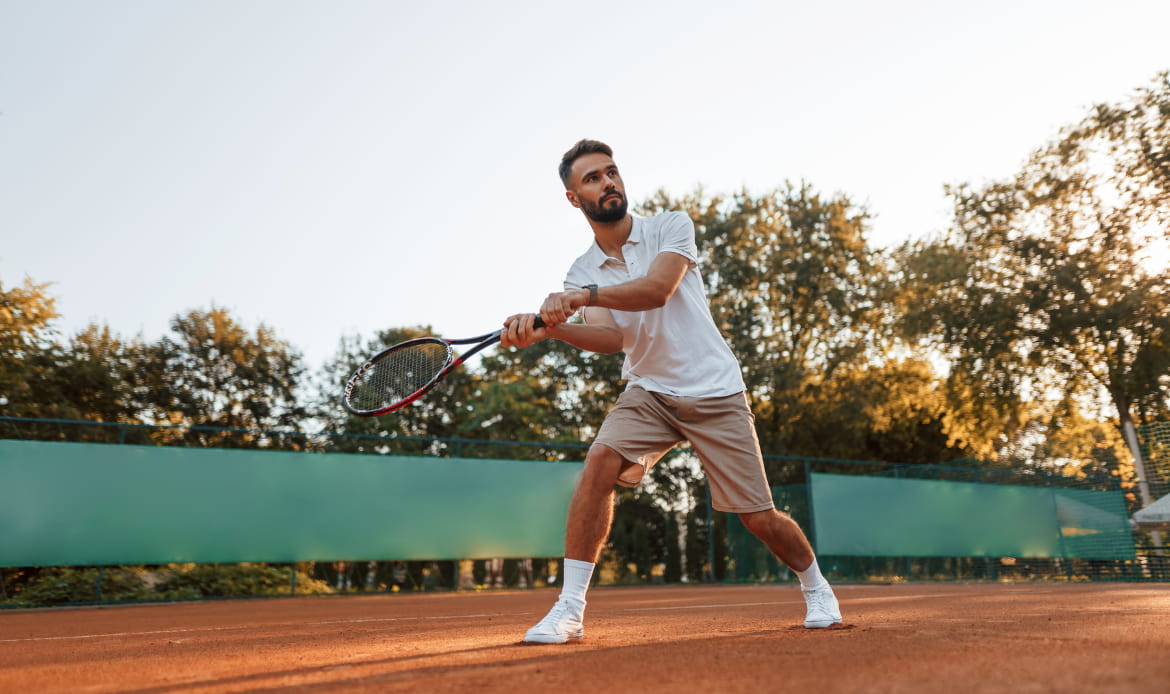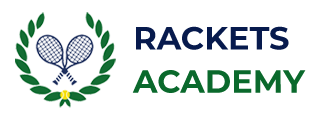How to Improve Your Tennis Skills: Expert Tips from Coaches

Even the smoothest one‑handed backhand can hit a wall—usually the invisible one between “recreational hitter” and “player who wins on purpose.” Whether you’re exploring tennis in Dubai for the first time or grinding on public courts elsewhere, the secret to smashing through isn’t more ball baskets; it’s smarter, coach-approved habits layered week after week. We sat down with veteran pros who’ve groomed everyone from first‑time juniors to tour hopefuls and asked a single question: What really moves the needle? Their answers boiled down to seven practical pillars—and one closing reality check that might surprise you.
1. Groove the Fundamentals First
Before you chase aces, make sure your base is solid. Shadow‑swing ten forehands and ten backhands at the start of every session. Focus on lining up wrist, elbow, and shoulder, then add a split‑step before each swing to engrain timing. As the professionals at Rackets often say, “If the foundation creaks, the whole house wobbles.” Ten quiet minutes here save you hours of frustration later, because consistent strokes breed automatic confidence when the scoreline tightens.
2. Train Footwork Like You Mean It
Your legs get you to the ball; your racket merely finishes the paperwork. Footwork-focused sessions, such as ladder drills, side-shuffles, and jumping rope, develop the explosive first step needed to turn defense into offense.
Pro tip: Twice a week run twenty seconds lateral shuffles, twenty seconds split‑step hops, twenty seconds forward‑back sprints. Rest for one minute, and epeat six rounds. You’ll notice rallies lengthen and errors drop, all thanks to faster footwork and better balance.
3. Practice Tennis With Purpose, Not Just Reps
Mindless rallying can hard‑wire bad habits. Flip the script by giving every drill a scoreboard. Aim to land eight of ten forehands past the service line; if you miss the mini‑goal, start again. The added pressure mimics match tension and forces you to lock in on ball height, depth, and shape. Purpose beats volume”—it’s a principle shared by top coaches worldwide. When you’ve got a specific target in mind during training, it’s amazing how your focus sharpens — and how much harder you naturally push yourself.
4. Build Off-Court Strength and Stability
If you want to still be hitting big serves at 5-all in the final set, you’ve got to put in the work off the court. Make the gym a regular part of your week. Start with the big compound moves — squats, lunges, pull-ups — then mix in core work like planks and medicine-ball slams. The payoff shows when your legs don’t fade and your upper body still has pop deep into a match.
5. Think Like a Chess Player
Shot selection trumps shot speed. Start by sending 90 percent of ground‑strokes cross‑court (the court is longer and the net lower). Use patterns: a wide serve pulls your opponent off‑court, a deep cross resets, and a surprise down‑the‑line delivers the dagger. Scribble notes in a pocket notebook after each match: what worked, what flopped, one thing to try next time, etc. Over time, these quick reflections build into a strategic edge that shows up on the scoreboard.
6. Build a Reset Routine
When things start slipping, have a ritual you can fall back on. Turn to face the back fence, take a slow, deep breath, and pick a new target before the next point. Bounce the ball the same number of times before every serve — it’s a small thing, but it steadies your nerves. And if frustration creeps in, anchor yourself with a short phrase, like “next point”, to clear your head and move forward without carrying the last mistake.
7. Leverage Technology and Honest Feedback
Prop your phone up on the back fence and record ten minutes of play once a week. Don’t try to fix everything at once — focus on one detail, like the depth of your racket drop on the serve or whether your hips are turning enough on the backhand. If you can, add a smart sensor or a fitness watch to measure spin, contact height, or movement patterns. Numbers will show you habits your gut might overlook. And don’t keep it to yourself — share the clips with a coach from a structured tennis program in Dubai, like the Rackets Academy, so you know you’re improving in the right areas.
8. Respect Your Gear
Your racket and strings matter more than most players realize. Fresh strings give you that extra pop without extra effort, and a clean overgrip keeps the racket steady in your hand when the rallies get long and sweaty.
Choose a Real Tennis Academy, Not Just a Name
Not all tennis academies are created equal. In fact, many places that call themselves “academies” are simply collections of freelance coaches operating under a shared brand. There’s often no structured training system, no development pathway, and no unified coaching philosophy—just a name.
In contrast, Rackets Academy, home to some of the finest tennis courts in the UAE, is one of the few institutions in the region that fits the true definition of a tennis academy:
- A team-based approach led by senior coaches who create customized training plans
- Elite programs that provide technical, tactical, mental, and physical development, including group and private Tennis classes in Dubai
- Fully certified coaches (ITF, PTR, LTA), First Aid certified, and committed to safeguarding
- Proven track record with Davis Cup players, Grand Slam coaches, and ATP top 500 athletes
- A popular Summer Tennis Camp for Kids that turns school holidays into progress on court
That’s why players of all ages and levels turn to Rackets Academy for serious improvement. Whether you’re just getting started, looking to join a summer program, or aiming to train at a higher level, you’ll find the right environment, coaching, and facilities to support your goals.
Final Rally
Progress hinges on two things: consistent effort and expert guidance. That’s exactly why players researching tennis academies in Dubai turn to Rackets Academy. The coaches here aren’t just former college hitters; they’re hand‑picked from around the globe, accredited by the ITF, PTR, or LTA, certified in First Aid by the American Safety & Health Institute, trained in safeguarding, and bound by a strict code of conduct. Among the 20‑plus staff you’ll find ex‑Davis Cup competitors, Grand‑Slam coaches, and athletes who cracked the ATP top 500.
When knowledge that deep meets a player willing to grind, breakthroughs stop being “someday” dreams and start showing up on the scoreboard. Ready to turn these tips into real progress? Put the most vetted eyes in the Middle East on your game by booking your next lesson at Rackets Academy today. Email info@racketsacademy.ae or call +971 4 123 4567—we look forward to welcoming you on court!

